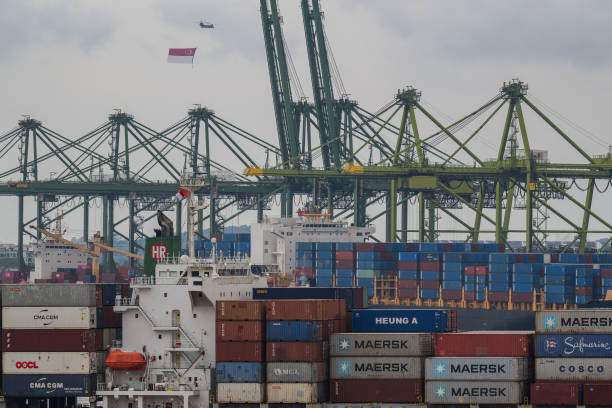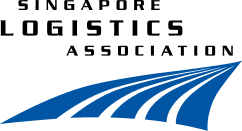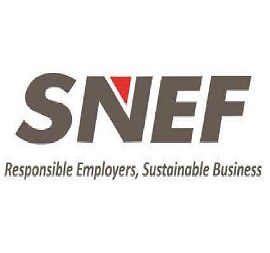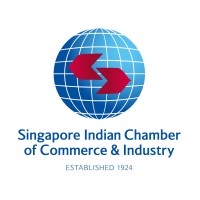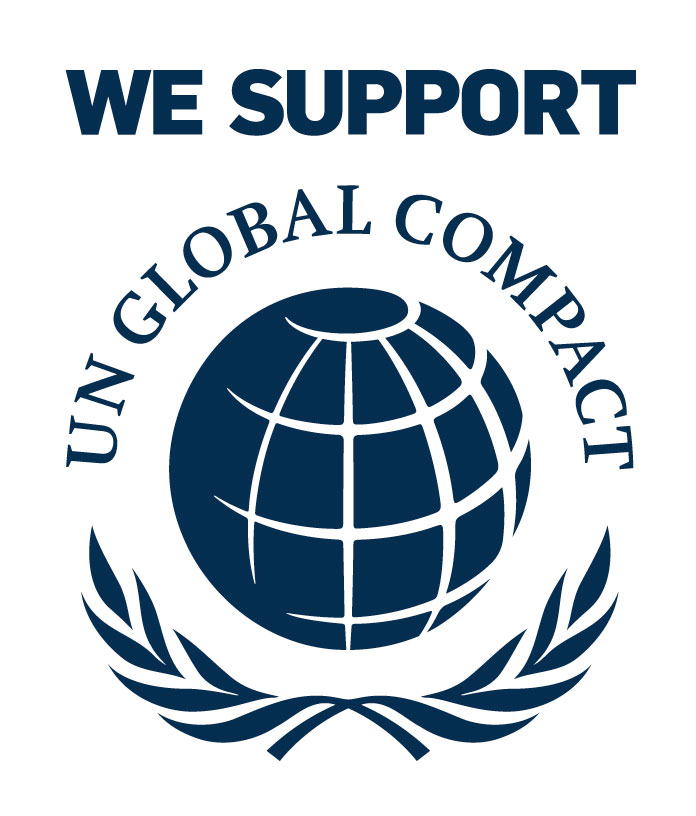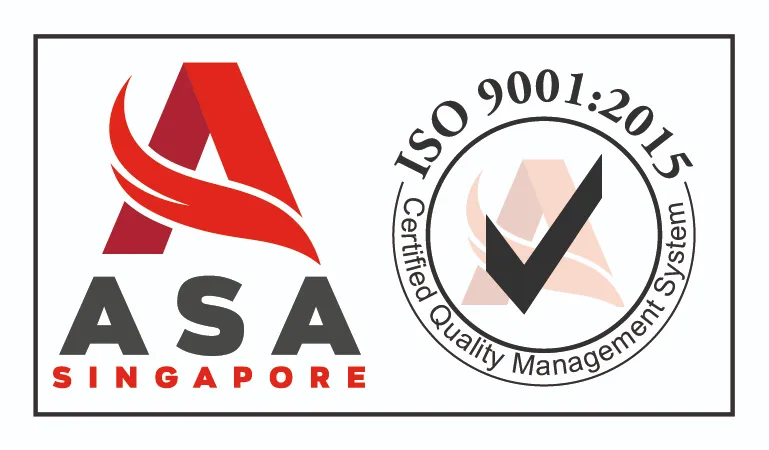In Singapore’s dynamic trade and logistics ecosystem, sea freight plays a vital role in the movement of goods. With some of the world’s busiest ports and a tightly regulated customs framework, ensuring your shipments are properly declared is non-negotiable. Whether you’re bringing goods into Singapore or exporting them to overseas markets, customs declarations for seafreight are a statutory requirement—and a critical part of operational compliance.
At Declarators Pte Ltd, we work with companies of all sizes to ensure their sea freight declarations meet Singapore Customs’ standards. This article offers an overview of what’s involved in the declaration process, why it matters, and what importers, exporters, and freight forwarders should be aware of when managing sea cargo.
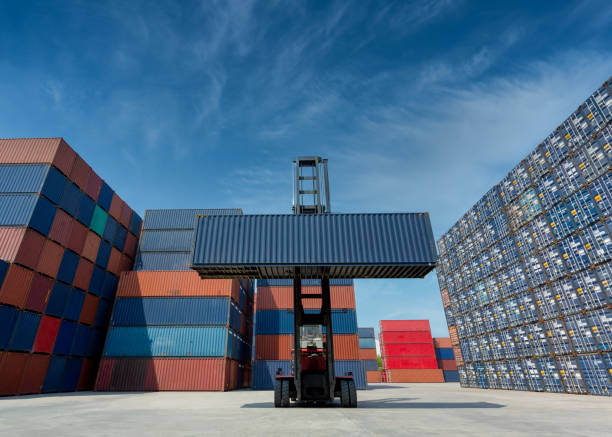
The Role of Customs Declarations in Seafreight
Customs declarations serve as the legal record of goods entering or leaving the country. In the context of sea freight, this process involves submitting shipment data to Singapore Customs through TradeNet the country’s national single window for trade documentation.
A declaration is more than just paperwork. It’s a crucial part of supply chain governance. It determines whether duties or Goods and Services Tax (GST) are payable, ensures compliance with licensing and permit controls, and allows government authorities to assess risks, prevent smuggling, and monitor cross-border trade activity.
For companies operating within time-sensitive logistics or regulated industries, declaration errors can result in delays, penalties, and even seizure of cargo all avoidable with the correct handling of the process.

When a Declaration Is Needed
A seafreight customs declaration is typically required in the following scenarios:
- When importing goods into Singapore via sea
- When exporting goods to other countries from a Singapore port
- When transhipping goods through Singapore that don’t enter the domestic market
- When cargo includes controlled items, dutiable goods, or GST-liable goods
It’s also worth noting that even if goods are not for sale such as temporary imports for exhibitions or machinery repairs, they may still require a declaration and supporting documents to qualify for duty/GST suspension.
Why Accurate Declaration Matters
Accurate and timely customs declaration for seafreight ensures:
- Legal compliance with Singapore’s Customs Act
- Smooth cargo clearance at PSA and Jurong Port
- Avoidance of storage or demurrage costs due to delays
- Proper tax treatment and eligibility for exemptions
- Positive customs history, reducing risk of future audits
Errors in the declaration process such as under-declaring cargo value, missing permits, or incorrect classification can escalate quickly into delays, penalties, or cargo seizure, especially for regulated goods.
Working with a Permit Specialist
As regulatory requirements become more stringent, many businesses rely on declarants and customs specialists to manage their filings. At Declarators Pte Ltd, we act as a bridge between businesses, government platforms, and border authorities.
We support clients with:
- Accurate classification of goods
- TradeNet permit submission
- Coordination with controlling authorities
- Compliance checks before cargo arrival/departure
- Post-entry corrections and customs audits
Our goal is to ensure every seafreight shipment is declared right the first time.

Singapore’s customs landscape is efficient but unforgiving. A small mistake in your sea freight declaration can lead to costly delays or long-term reputational risk. But with a strong process and the right partners you can move goods through Singapore’s ports with confidence.
Get Started with Declarators Today
If your business depends on efficient, compliant sea freight operations, and you’re looking for expert support in permit declarations or regulatory handling, reach out to the team at Declarators Pte Ltd. We’re here to make every shipment a smooth one.
Call: +65 6385 2155 | Email: group@declarators.com.sg

